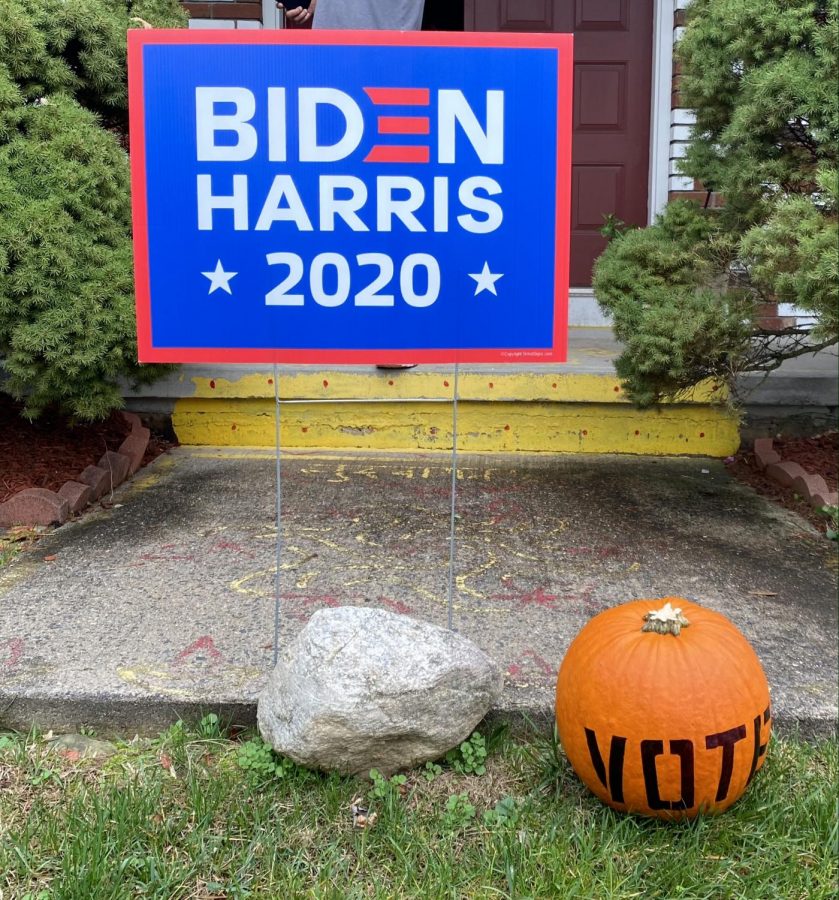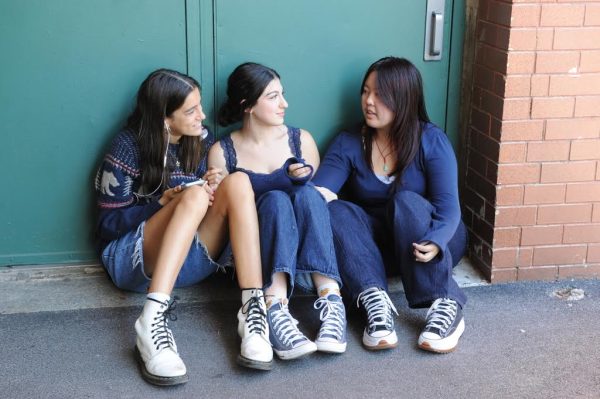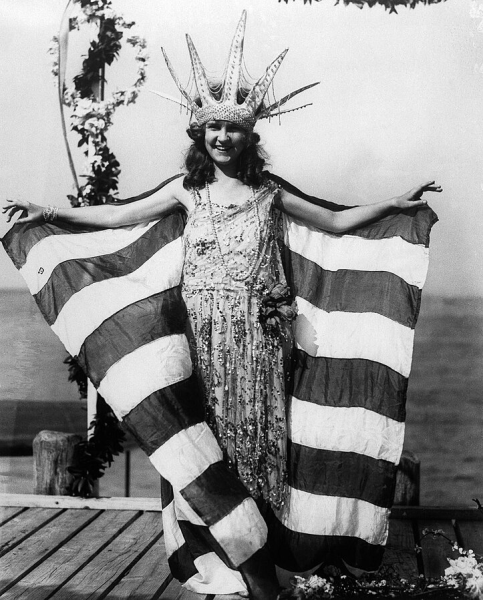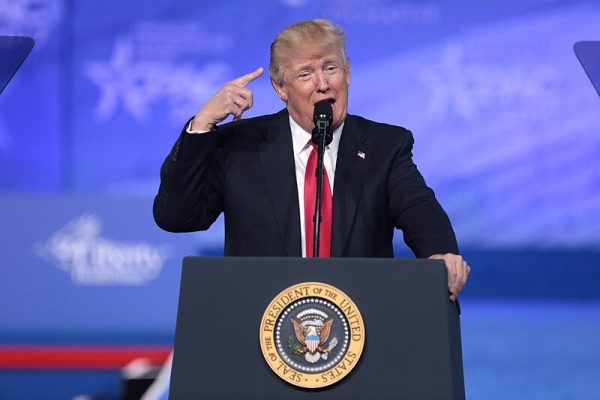Tamilian Mothers, American Daughters — My Complicated Relationship with Kamala Harris
After election day had become election week, Joe Biden and Kamala Harris finally won the White House on November 7th, 2020.
On November 7th, 2020, the enduring, perturbing, torturous presidential race had finally come to an end. The votes were in, and Joe Biden was officially confirmed as the 46th President of the United States. His running mate? Senator Kamala Harris, the United States’ first female, Black, and South Asian vice president-elect.
After checking the New York Times app incessantly that week, and finally receiving the announcement that Saturday morning, I would view multiple perspectives on the winning presidential ticket. The pandemic had restricted my ability to do this in person, yet the rapidly updating and accessible source of social media offered a vast display of thoughts from friends, family, and acquaintances about this historical election and its outcome.
Former classmates from the few majority republican areas in New York City, such as Howard Beach and Breezy Point, posted pleasantries: “No matter who you voted for, we can all be friends after this election,” they would write. Closer friends shared their discomfort with the idea that after the tumultuous events of this year and his handling of them, Donald Trump still received more votes in this election than he had in the last. On TikTok, Democrats celebrated Harris as the woman who would replace Mike Pence, and some leftists criticized them for glorifying a proponent of the inequitable criminal justice system.
Bombarded by opinions and thoughts from hundreds of people in a span of a few hours left me conflicted, specifically about my position on Kamala Harris. Harris and I are both American daughters with South-Indian immigrant mothers, providing me with an inextricable connection to her — one that I have not yet shared with an individual at the forefront of national politics. Harris is also the daughter of a Jamaican immigrant; therefore, her identity as both Black and South Asian has affected her experiences navigating the political sphere. I can only speak on how her representation as a Tamilian-American affects me, as a Tamilian-American myself.
At the 2020 Democratic National Convention, Harris had said, “Family is my uncles, my aunts — my chithis.” Chithi is the South-Indian term for aunt. It is what I called the woman who bought me my first books, and the lady who welcomed my parents into New York when they first moved here. I have never witnessed the term being used outside of my small microcosm of the American community. Hearing it used by the potential Vice President, the reputed second most important figure in the American community, had elicited an unfamiliar feeling — I had felt recognized.
In a practical context as well, representation is valuable. Harris’ spot on the ticket opens gateways for many women of color to imagine themselves at the forefront of the national and political sphere — now with the assurance that it can be a reality, instead of a fantasy in their minds. It sets a precedent for more BIPoC, in general, to exist boldly in the American mainstream, instead of watching from the sidelines.
Yet, also in a practical context, Kamala Harris is a generally moderate Democrat. As the San Francisco district attorney in 2015, she rarely held police accountable, refusing to support body cameras or ensure that incidents of deadly force were independently investigated. She has both maintained and advanced the prison industrial complex, claiming to support the legalization of marijuana, but overseeing over 1,900 cannabis convictions. In terms of policies, she has been deemed progressive for supporting Senator Bernie Sanders’s Medicare for All bill, but lost her footing very quickly and backtracked.
So of course, I have been conflicted, as the representation Harris provides coincides with the frustration concerning her complicity in a corrupt system of persecution and policing. However, I think it is okay to be conflicted. Relationships and perspectives on political figures require nuance, as they are individuals who are not solely defined by their race and ethnicity or ideologies and policies. “It’s important that she is the first South Asian and Black woman to become Vice President,” said Raitah Jinnat ’21, in regards to Harris’s win. “It’s also important to take into account criticisms about her, as all politicians need to be held accountable.”
“Women — and women of color — in power can cause just as much harm to marginalized communities as men in power do,” said Jinnat. Too often, the media glorifies women in important roles, particularly because of our centuries-long lack of representation in these roles. This “girlbossification” can be extremely harmful in misrepresenting politicians. “Kamala Harris was complicit in perpetuating a ‘justice’ system that disproportionately hurts Black and poor folks. That isn’t irrelevant just because she’s now VP-elect,” said Juliet Daniel ’21.
I am ecstatic, that President Trump will soon be out out of office, but I am also aware that this does not mean that the active fight for racial justice and the dismantling of inequitable systems is over simply because our Vice President is a woman of color. As Daniel said, “People just need to find a balance. Be happy that Trump is gone, but then do the work to hold Biden and Harris accountable. The success of Black, South Asian, and other PoC doesn’t debunk the existence of systemic racism. Everyone else is still waiting for their liberation,” Daniel said.
“It’s important that she is the first South Asian and Black woman to become Vice President. It’s also important to take into account criticisms about her, as all politicians need to be held accountable,” said Raitah Jinnat ’21.
Lavanya Manickam is an Editor-in-Chief for ‘The Science Survey.’ She enjoys writing narratives that provide insight into various perspectives, and...











